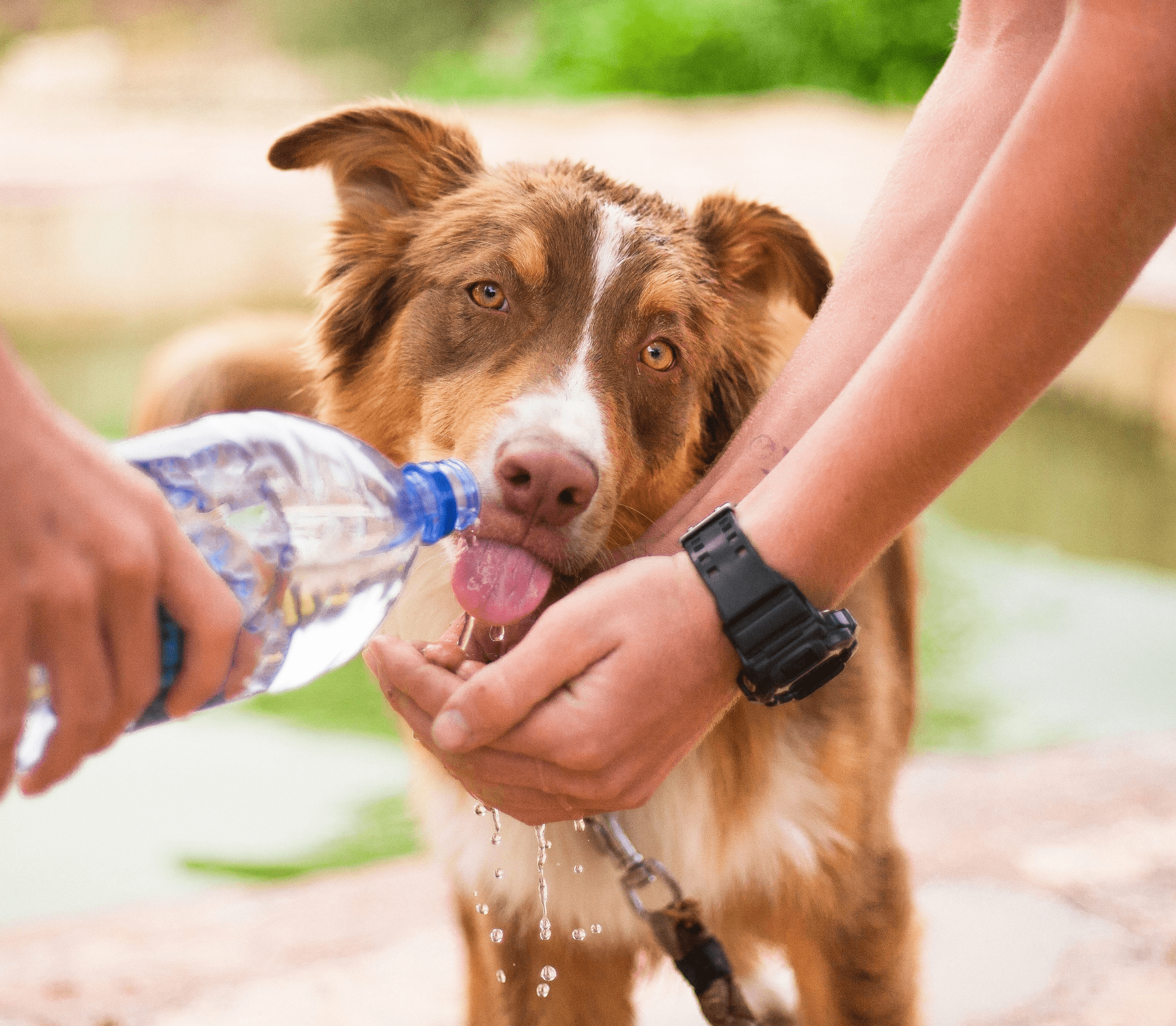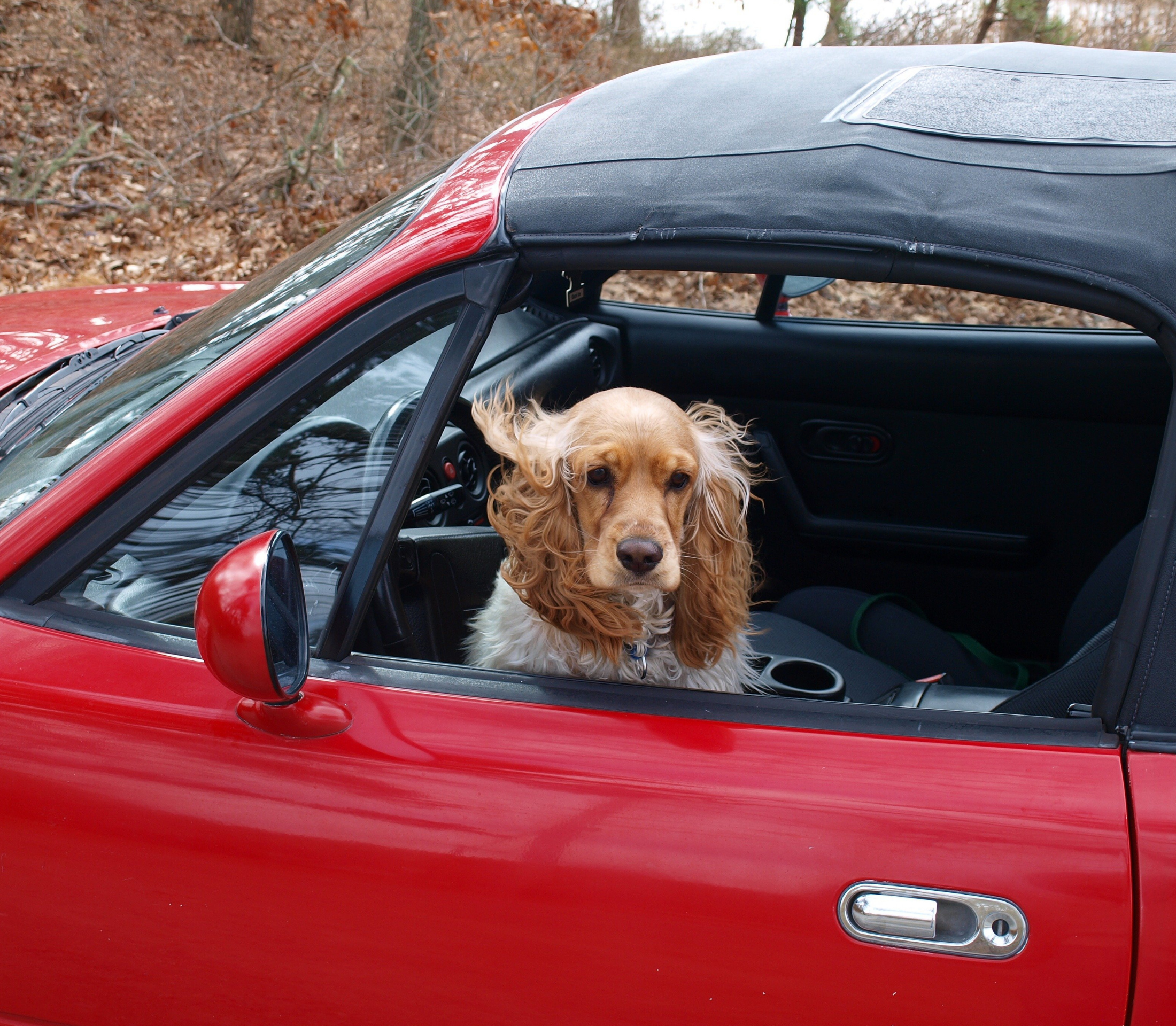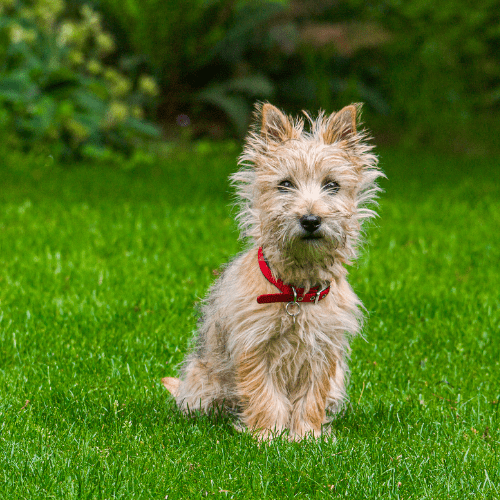Pet Poisons You Already Have in Your Home or Apartment
No pet owner intentionally brings something toxic into their home. With that being said, almost every pet parent has a few potential poisons in their home right now! The trick is being aware so that you can keep your animal friend safe. Learn more here from a Washington DC veterinarian.
Medication
All sorts of human medications—as well as some that can be prescribed to pets—can harm our animal friends. Various prescription drugs, aspirin, antidepressants, cough syrup… the list goes on and on. Store human medicines in a closed cabinet where pets can’t reach, and make sure to dose your pet’s own medications correctly. If you’re unsure about your pet’s dose amount, contact your vet.
Dangerous Foods
Of course, many human foods aren’t safe for pets. Harmful foods for pets include grapes and raisins, onions, garlic, chives, leeks, scallions, shallots, chocolate, candy, gum, macadamia nuts, avocado, and salt. Alcohol is also extremely dangerous for pets. It affects cats and dogs just like it affects us, except that it causes poisoning in very small doses. Keep your animal friend away!
Cleaning Supplies
Pets aren’t especially likely to seek out cleaning supplies to ingest, but it’s important to be cautious. Almost any household cleaning product—everything from disinfectants and air fresheners to bleach and furniture polish—can harm an animal! Store these products carefully in a locked supply closet, and remember to move pets to another room if you’re cleaning with strong chemicals.
Pesticides, Rodenticides, and Fertilizers
It goes without saying that pets should never ingest pesticides, rodenticides, or fertilizer products. If you use these items in or around your home, make sure your pet can’t get near them. Keep pets indoors when spraying chemicals outside, and place indoor pesticide products with extreme caution. Store these products safely where pets can’t reach.
Toxic Plant Life
There is a large list of toxic plants and flowers. Some common ones include lilies, elephant ear, dieffenbachia, various aloe plants, chrysanthemums, daffodils, tulips rhododendron (also called azalea), philodendron, the sago palm, oleander, and ivy, among many others. Check your living space for dangerous plants and flowers, and ask your vet what kind of toxic plant life is most common where you live so that you can take steps to avoid it.
Does your animal companion need a veterinary checkup? We’re here to help. Call your Washington DC veterinary clinic today to set up an appointment.



